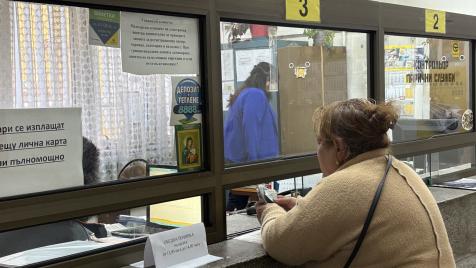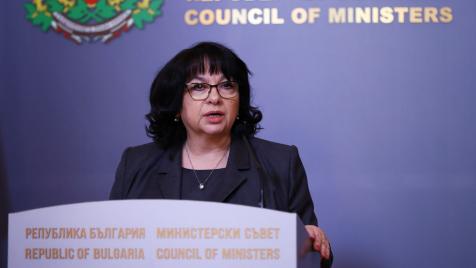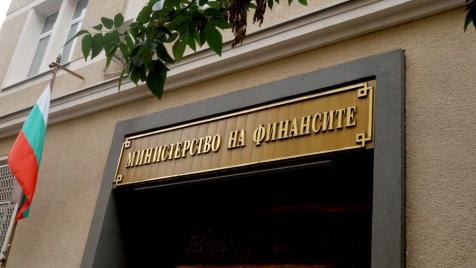A higher credit rating means more investment and jobs in Bulgaria
The country is already benefiting from the upgraded ratings by Fitch and S&P when drawing down its external loan on Tuesday

Bulgaria's higher credit rating will make financing for businesses cheaper, which in turn will accelerate investment in new production facilities, creating more jobs and higher wages.
This was stated by Yonko Chuklev, financial and economic analyst, commenting on the country's upgraded credit rating, to Economic.bg.
Just days after Bulgaria received the final "yes" for joining the eurozone on January 1, 2026, international rating agencies Fitch Ratings and S&P Global Ratings upgraded Bulgaria's long-term foreign currency credit rating to 'BBB+' with a stable outlook, which is the highest rating in the investment grade category.
Last weekend, German Scope Ratings also gave Bulgaria an 'A-' rating with a stable outlook, which is the first for our country in the high investment grade.
According to Chuklev, for businesses, this rating could mean cheaper loans.
God willing, these loans will be cheaper starting next year. Business loans in Bulgaria are at levels above the European average," the analyst said.
In short, raising a country's credit rating means lower perceived risk for investors and lenders, which leads to lower interest rates on government debt. This creates a "spillover effect"—banks and other lenders can finance businesses more cheaply because they themselves borrow at a lower cost. This makes loans more accessible to businesses, especially large and stable companies that are directly or indirectly affected by sovereign risk.
Higher interest
As for government financing, he said that our country could very soon see the benefits of the higher rating.
Knowing the psychology of investors in sovereign debt, since we are entering the eurozone and have been rated 'A-' for the first time, purely in terms of image, we will most likely attract a little more interest than in the previous international auction," he predicted.
We would like to remind you that at the end of April, the Ministry of Finance placed two Eurobonds on international markets with a total value of €4 billion. These were also the first external loans for 2025, for which the ceiling for new debt is set at BGN 18.9 billion.
On Wednesday morning, the Ministry of Finance announced that it had placed two more Eurobond issues on international markets with a total value of €3.2 billion (about BGN 6.25 billion). The results of the auction showed that Bulgaria attracted strong interest, achieving a historically low spread (i.e., our country is perceived as a safe borrower and investors believe that the loan will be repaid without problems).
The extremely strong investor interest, the highest ever achieved, was catalysed by the EU Council's decision to accept our country into the eurozone on January 1, 2026, and the subsequent upgrade of Bulgaria's sovereign credit rating by S&P, Fitch, and Scope," the Ministry of Finance explained.
Deficit versus investment
When asked what Bulgaria should do if it wants further rating upgrades, Chuklev emphasized the importance of a reasonably managed budget deficit.
If international investors see that we are building our infrastructure and putting it into operation, if they see that we are investing in digital connectivity and using the deficit not for current expenditure but for investment, then we will remain stable," he summarized.
Translated with DeepL.

 Simona Gotsova
Simona Gotsova 




